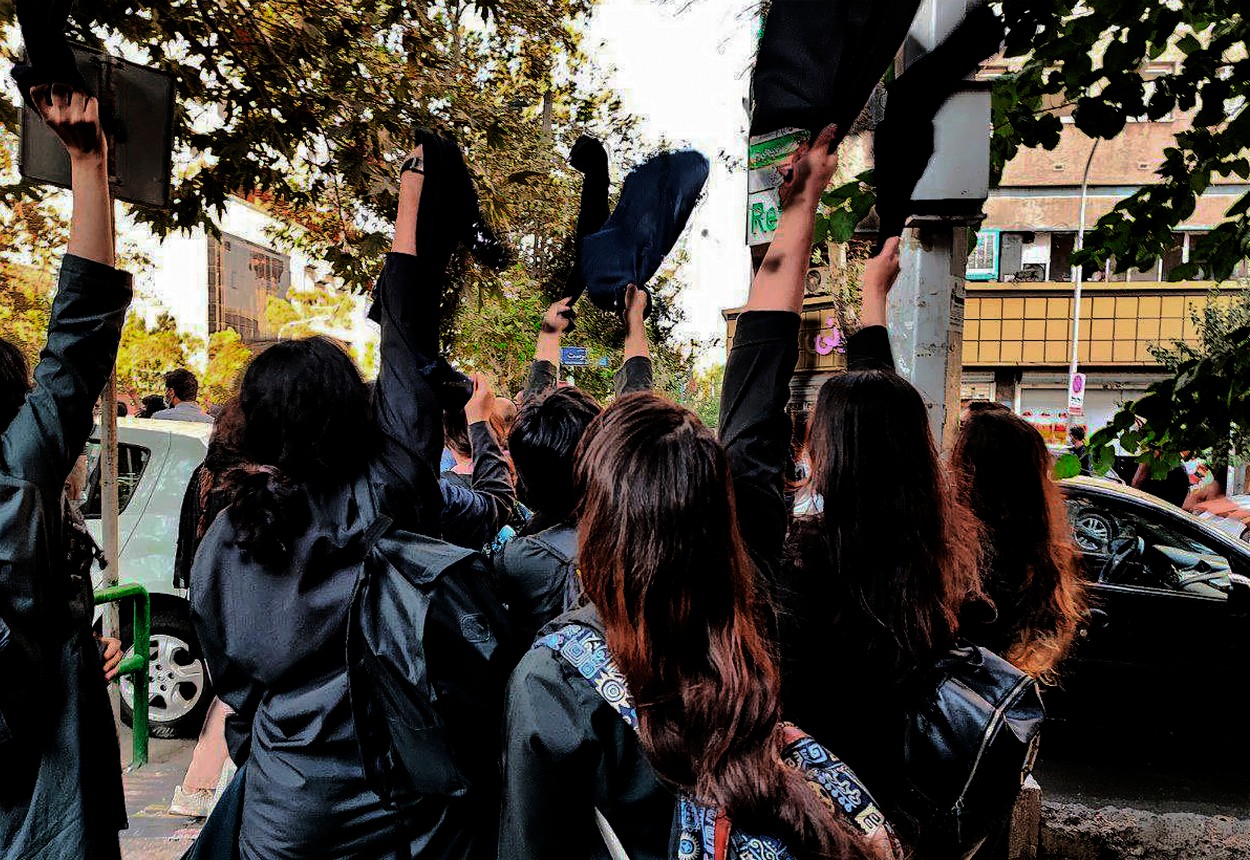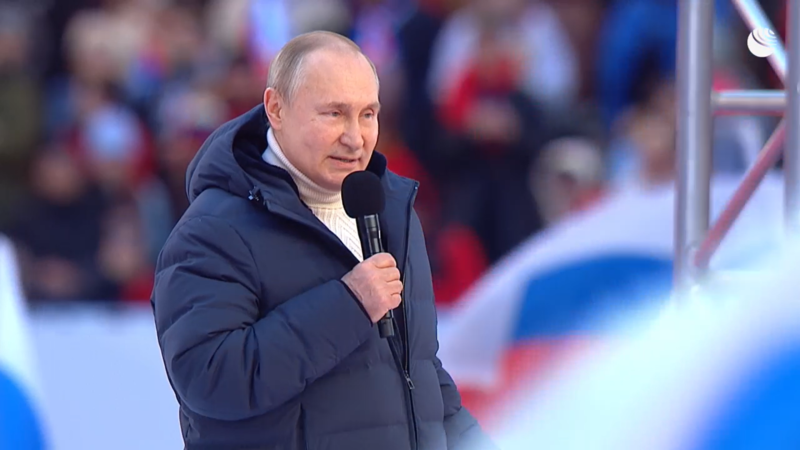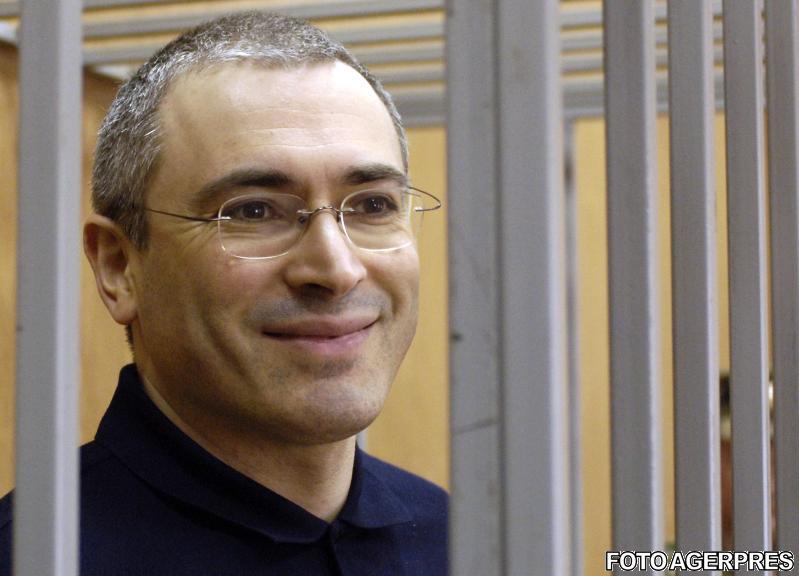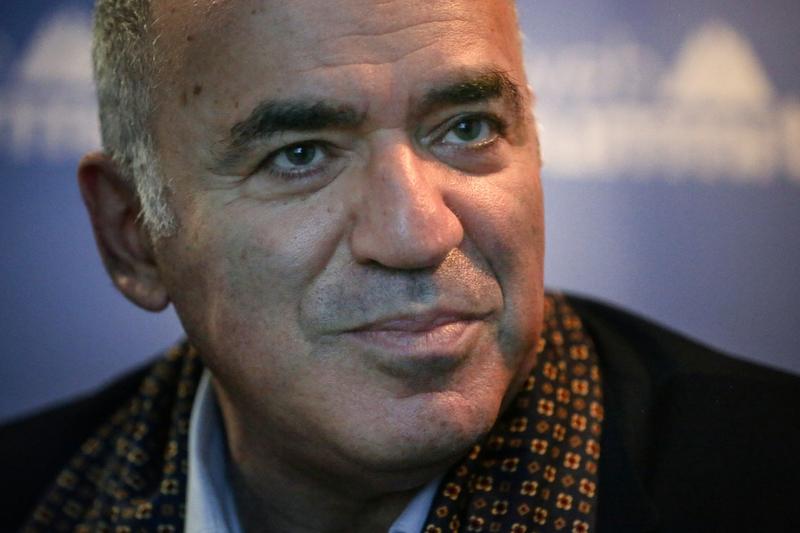
Why do hundreds of thousands of Russians allow themselves to be sent as cannon fodder in this deadly war of aggression? Thousands of people are protesting in the streets of Iran. However, Russia remains calm. Fear of police brutality cannot be the reason, as it is equally serious in both countries, says Deutsche Welle correspondent Miodrag Soric.
Why don’t they rebel?
Commentators resort to stereotypes about the alleged national character: Russians are indulgent, have always obeyed any tsar in the Kremlin, or are afraid of freedom, as the Russian writer Fyodor Dostoevsky once wrote.
It is true that rebellion is dangerous at this time. Anyone in Russia who stands up for freedom risks being imprisoned and tortured.
But those consequences also threaten demonstrators in Iran, where thousands have taken to the streets in recent weeks to protest against the mullahs’ brutal regime. Dozens of people have already paid with their lives.
But those who manage to escape from the Iranian police do not seem to be deterred. They continue to protest, although rioters in Tehran and other cities of Iran are no less brutal than riot police [poliția specială antirevoltă] from Moscow
The people won in Ukraine. So far, it has not been possible in Belarus. But when Russian President Vladimir Putin can no longer protect him, the Belarusians will take Lukashenka to court.
- Read also: Should Europe give asylum to Russians fleeing mobilization or not?

Young women in Iran removed their scarves during protests (Photo: Salam Pix / Abaca Press / Profimedia Images)
Are Russians fit for democracy? The trauma of the 90s
Polls are often quoted as saying that roughly one in three Russians believe that “Western democracy is not suitable for Russia.” Those who think so, if there are any, are representatives of the older generation. They never spent much time in the West.
On the other hand, the younger generation is as open-minded as their peers in Paris or London. Young Russians want freedom, true democracy, prosperity, the opportunity to travel, Sorich writes.
DW also does not believe that the unfortunate economic events of the 90s forced Russians not to protest, since a similar fate befell Ukrainians, Belarusians, and even Romanians and Bulgarians.
Privatization was fraudulent, national wealth fell into the hands of former party or service cadres, but the population stood up and the democratic vote brought change.
- Read also: When will the end of Putin? “The next months, a year and a half at the most. Russia must be defeated. Russia will not retreat if it is not opposed militarily,” – Armand Gauchu

Vladimir Putin Photo: Screenshot
Defeat for Putin will intensify the protests and hasten his end
Putin consolidated his power and eliminated many factions in the Russian government that could have hindered his rise.
It begs the question: how much could a weakened Putin be removed from power when there are now several levers of governance that would have the power to defeat him?
Unfortunately, the most likely path is a chaotic one, similar to that of 1989, but there is at least one man – Alexei Navalny – who would probably have enough support in Russia to become a central figure in any attempt to oust Putin.
“If we expect Russian citizens to overthrow Putin, we are doing so in vain, because it will not happen. Russia today in 1937. We in Estonia are afraid of Russia,” said Estonian MEP Jana Toom (Renew Europe group) in Bucharest.
If the war in Ukraine ends badly for Russia, as recent events suggest, and if Ukrainians, as expected, continue to support the West and refuse to negotiate with Putin, mass protests are expected in major Russian cities and, ultimately, the result could be a change in the Russian government , writes Newsweek.

Mykhailo Khodorkovsky Photo: Agerpres
- Read also: What Russian elites think about Putin now – Foreign Policy
From protests to sabotage and civil liability
Mykhailo Khodorkovsky, an exiled Russian businessman, has called on Russians still in the country to launch a wave of “sabotage” against government structures to prevent Vladimir Putin’s war in Ukraine and destabilize his government.
“We need to explain to people what they can do, convince them that they should do it, and also help people if they end up in a dangerous situation,” Khodorkovsky told The Guardian.
He said the potential actions should depend on each individual’s risk appetite and could range from painting anti-war graffiti on the streets to sabotaging war-related rail transport or setting fire to recruiting stations.

Garry Kasparov Photo: CARLOS COSTA / AFP / Profimedia
“Every Russian living in Russia now is part of the war machine,” and those who want to be on the right side of history should leave, chess player and chess player Harry Kasparov said in an interview with the German publication Spiegel. a fighter against the regime of Vladimir Putin.
Asked by Spiegel whether, having been abroad in political exile since 2013, he still felt in a too comfortable position to ask those who had not yet left Russia, Kasparov said that every Russian citizen, including himself himself is responsible for it. war:
- “It’s a war. You’re either on one side or the other.
- Every Russian citizen, including me, bears collective responsibility for this war, even if it is not personal responsibility.
- Today, Russia is a fascist dictatorship that, as we say here, commits crimes against humanity. And everyone who is still living in Russia now is part of this war machine, whether they want it or not.”
Source: Hot News RO
Robert is an experienced journalist who has been covering the automobile industry for over a decade. He has a deep understanding of the latest technologies and trends in the industry and is known for his thorough and in-depth reporting.